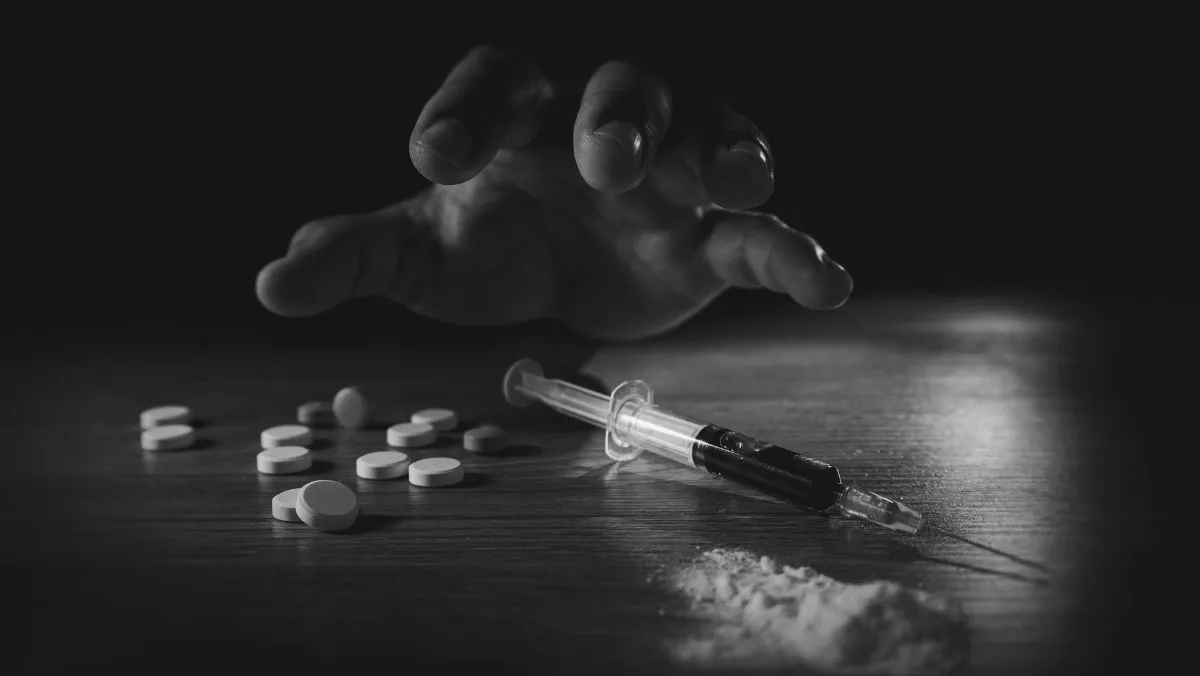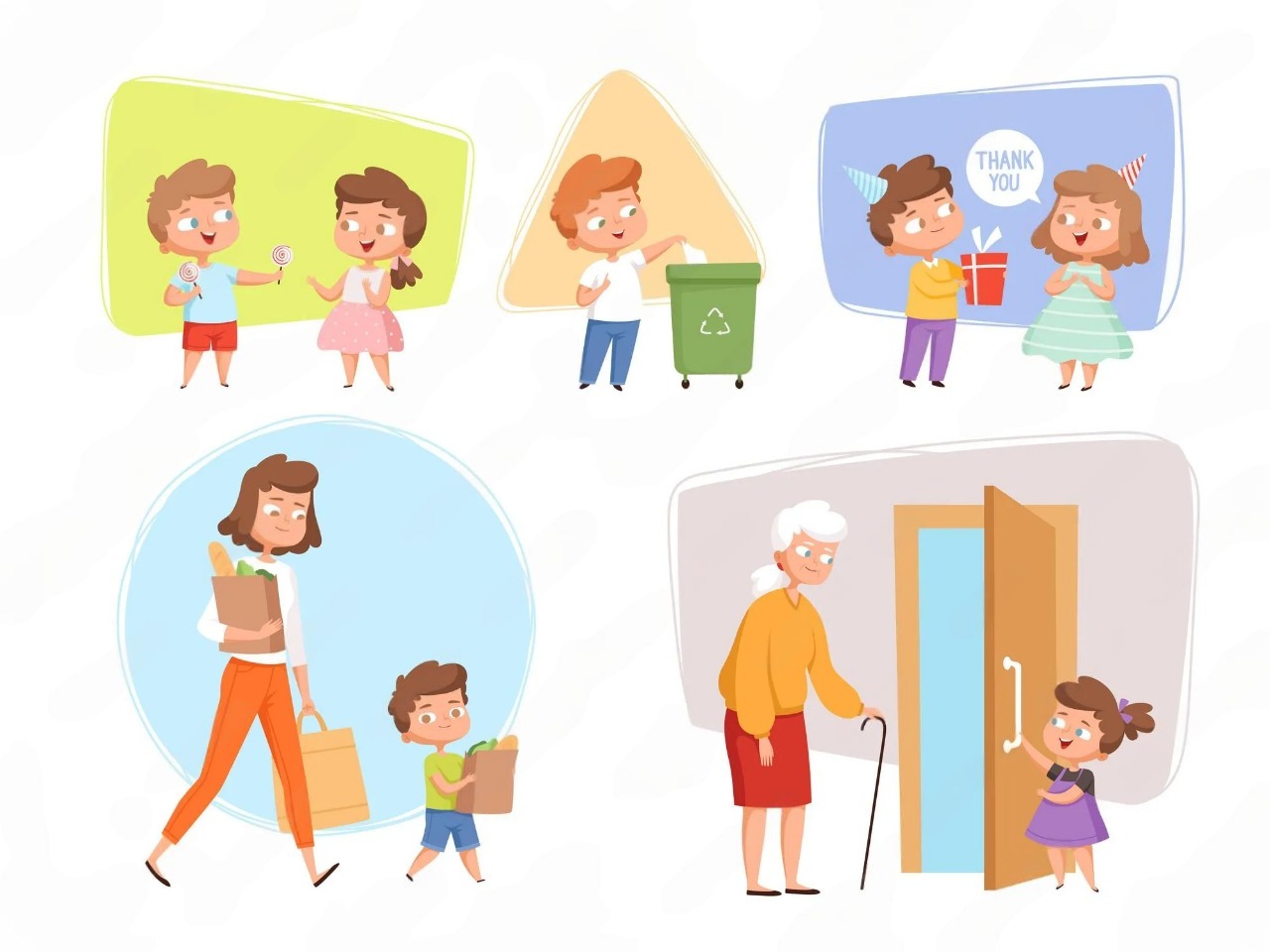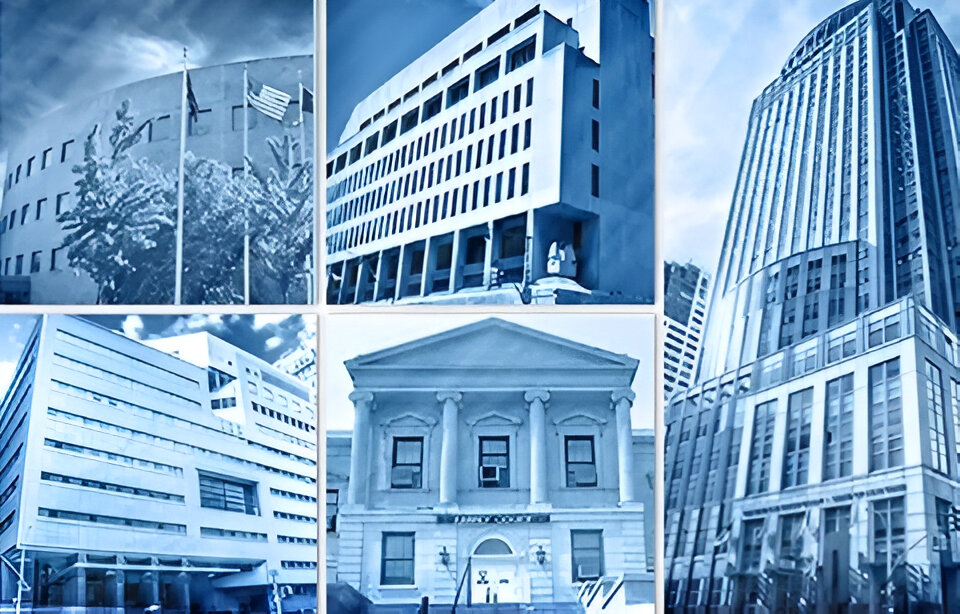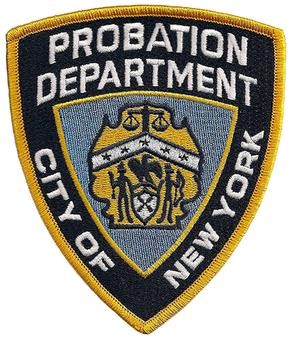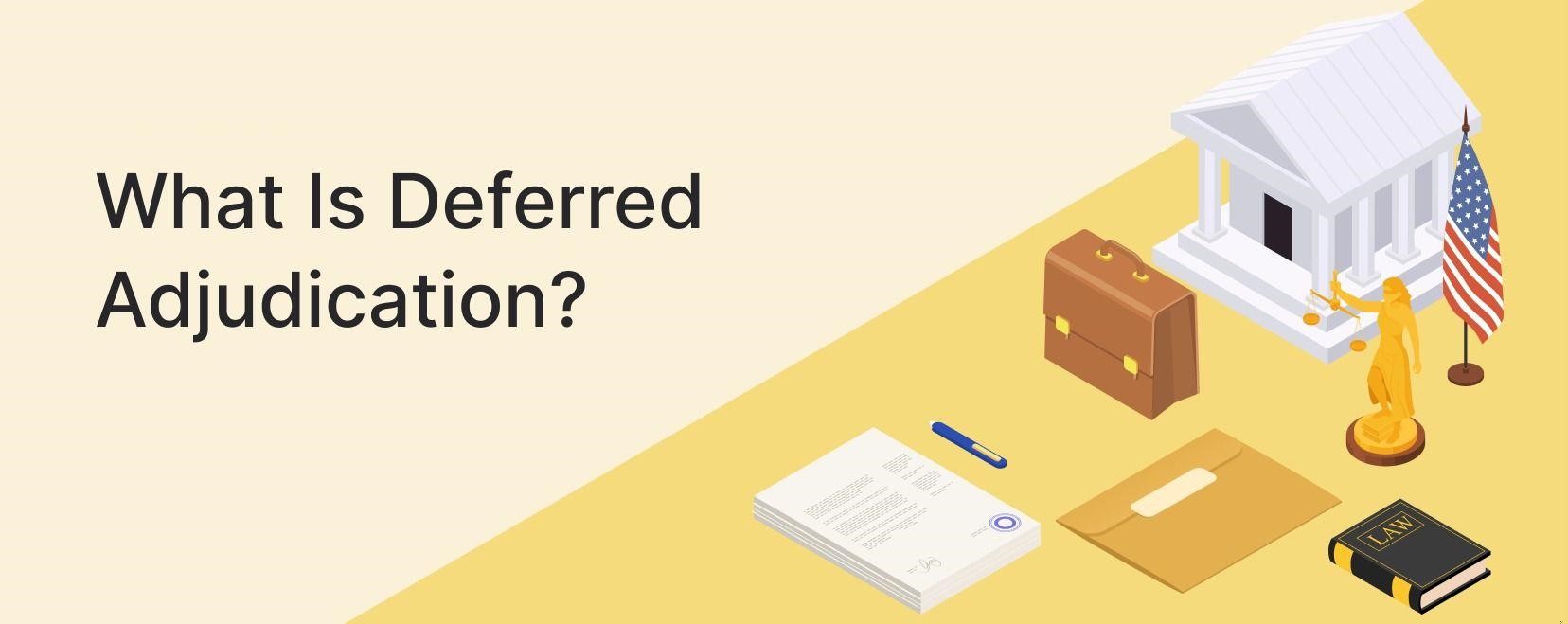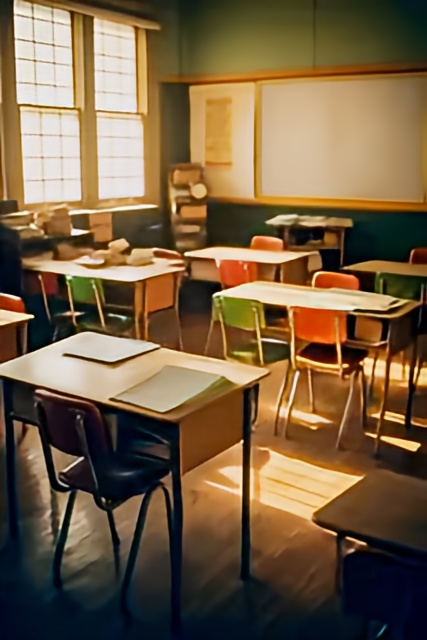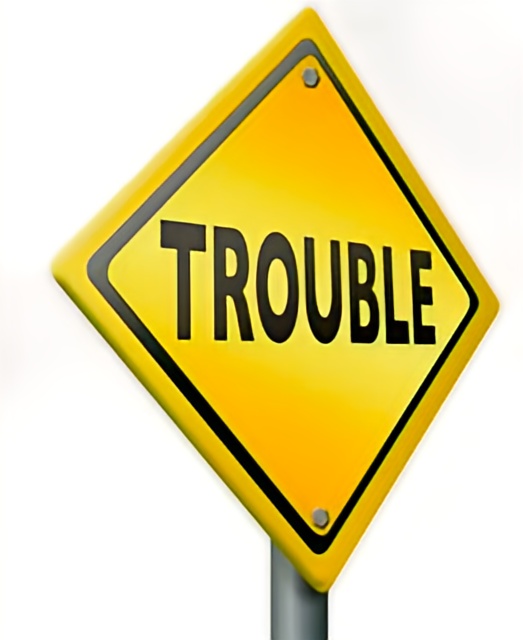Futures
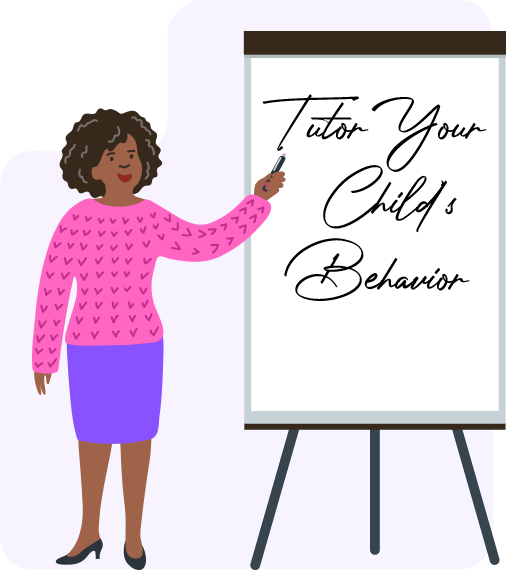
About me
As the founder of Tutor Your Child’s Behavior, I provide tools and guidance to support youth in managing behavioral issues while collaborating with families, schools, and community partners.
Staying Out of Trouble
Why It Matters for Your Future
legal issues, damaged relationships, and missed opportunities for personal and professional growth. By making wise choices and avoiding risky situations,
young people can concentrate on their education, build strong connections with family and friends, and develop skills that will benefit them. Furthermore,
staying out of trouble fosters a sense of responsibility and self-discipline, essential for achieving long-term goals and contributing positively to society.
Ultimately, it empowers youth to realize their potential and create a brighter future for themselves and their communities.
What Is the School-to-Prison Pipeline?
The school-to-prison pipeline is a term used to describe the growing pattern of students being funneled out of public schools and into the juvenile and criminal justice systems. It is a disturbing national trend in which harsh school discipline policies and practices contribute to students—particularly those most at risk—being pushed out of the classroom and into the court system.
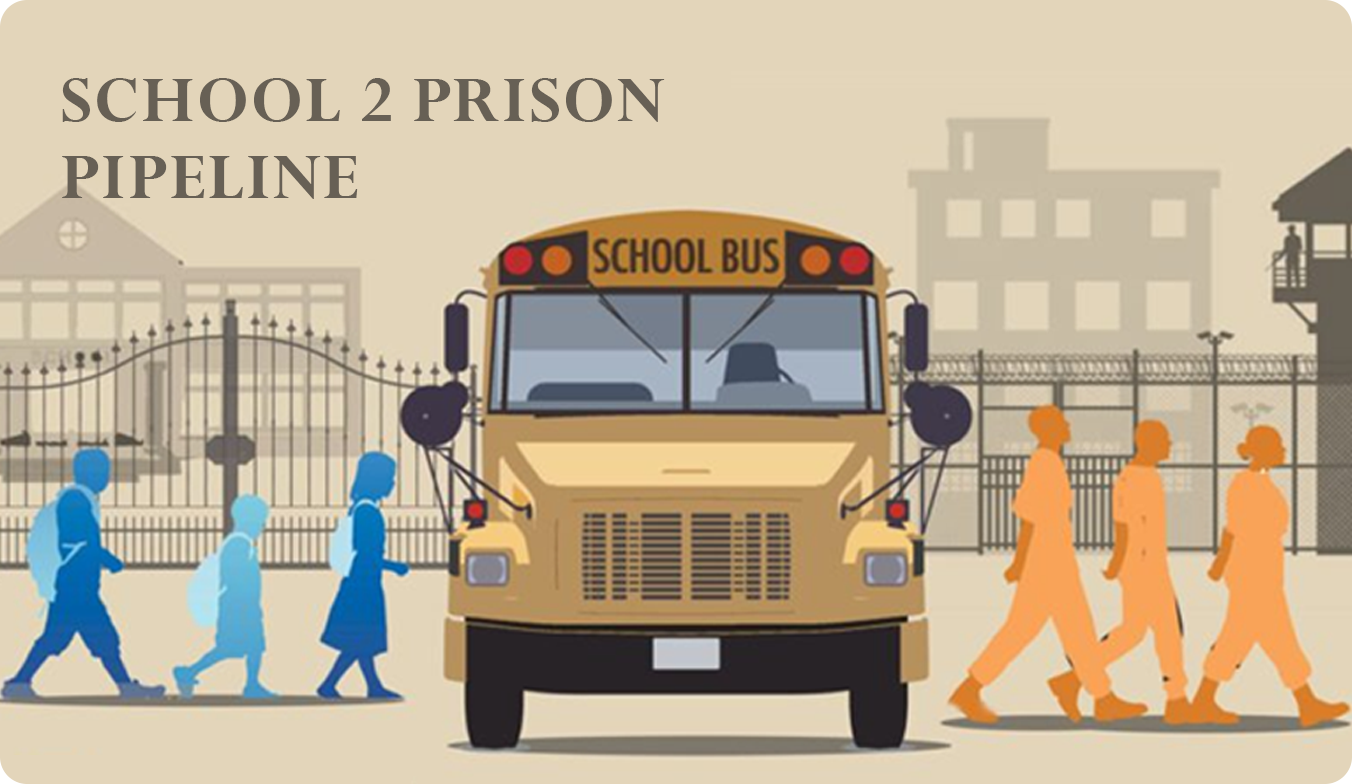

What does Consequences
of Actions look like?
At home, it might cause a breakdown in trust and communication with parents or caregivers. This can make it harder to feel supported or understood.
At school, consequences like suspension or expulsion can hold back learning, make it harder to keep up with schoolwork, and create distance from friends and teachers.
In the community, if a young person is caught breaking the law, they may be taken to a police precinct. In some cases, they are sent home, but sometimes the police give their parent or guardian a letter requiring them to go to Family Court. If the situation is serious, the youth may be held in juvenile detention. These legal consequences can affect future opportunities like applying for college, jobs, or scholarships.
Over time, going through repeated negative experiences can lead to low self-esteem and a negative outlook on life. This can trap young people in a cycle of risky behavior, making it harder for them to grow, stay motivated, and succeed.
But it doesn’t have to be that way. Understanding the consequences of actions is the first step toward making better choices and building a more positive future.

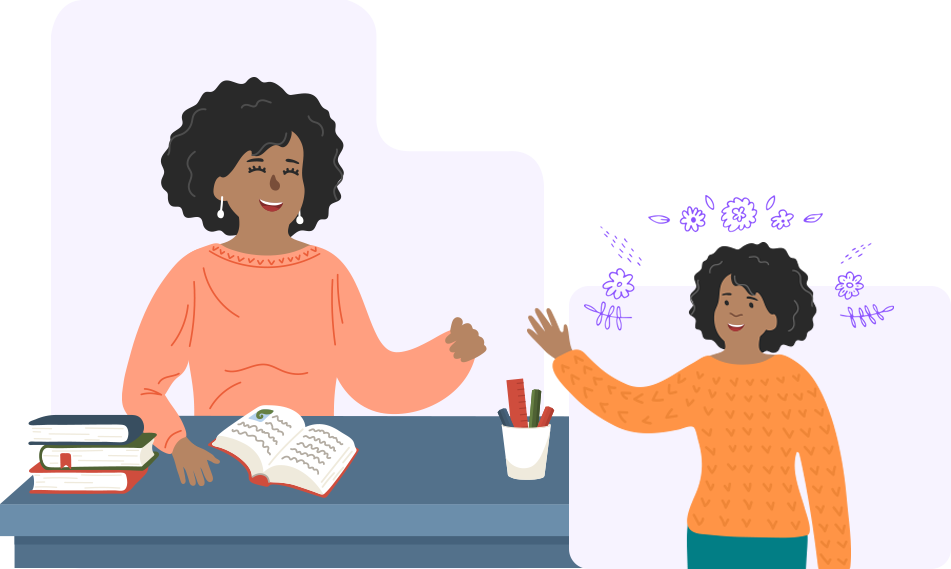
What is community engagement
and why is it important?
This involvement also enhances their personal growth
and prepares them for future challenges.
In the juvenile justice system, an adjudication is the legal process where a judge decides whether a young person has committed a delinquent act (an act that would be a crime if committed by an adult). It’s similar to a trial in adult court, but it’s less formal and focused on rehabilitation rather than punishment.
Resources Available
What Our Clients say
about us
There are no reviews yet. Be the first one to write one.

